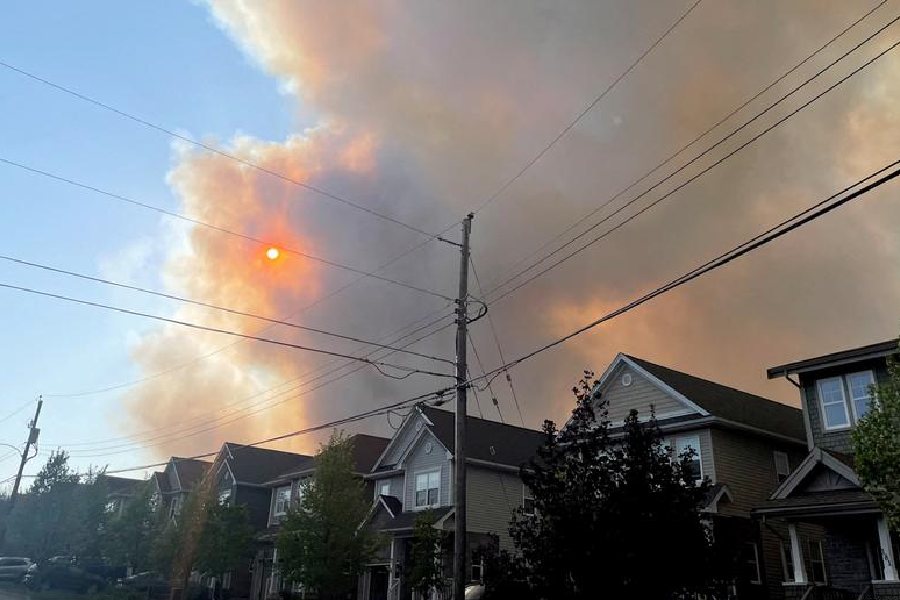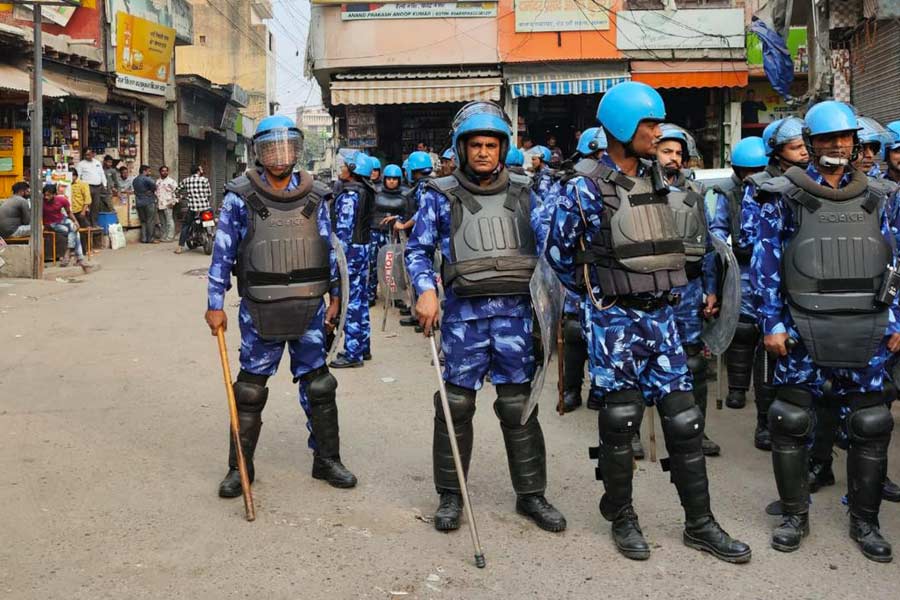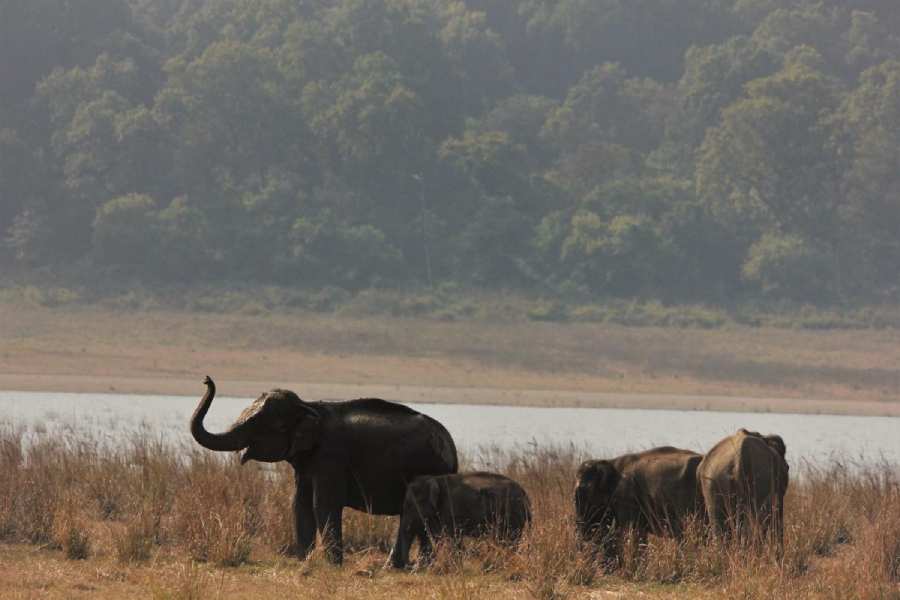The wildfires have displaced thousands and continued to endanger communities on the outskirts of Halifax, Nova Scotia.
Wildfires in the Nova Scotia province posed a daunting challenge on Wednesday, as dozens of firefighters and multiple water bombers battled two uncontrollable blazes northwest of downtown Halifax.
The two blazes — known as the Tantallon Fire and the Bedford Fire — threatened the provincial capital of Nova Scotia.
These wildfires, which have already displaced thousands of residents, continued to endanger communities on the outskirts of Halifax and caused poor air quality in New Jersey and parts of Pennsylvania as the smoke drifted across the US border.
Nova Scotia Premier Tim Houston called the situation a "crisis" and "unprecedented."
Houston also requested military assistance, along with the Coast Guard who have already arrived.
Prime Minister Justin Trudeau called the wildfires "heartbreaking," and assured unlimited support.
On Wednesday, there were 14 wildfires burning in Nova Scotia, with three of them classified as out of control.
These fires have already caused the destruction or damage of over 200 homes and structures, including a wooden bridge. No injuries have been reported thus far.
Western Canada has been repeatedly struck by climate change-induced extreme weather events in recent years, including floods, mudslides, devastating forest fires that wiped out entire towns, and record-breaking summer temperatures that claimed over 500 lives in 2021.
Earlier this month, wildfires in Alberta burned nearly one million hectares of forests and grasslands, displacing 30,000 individuals at one point.










